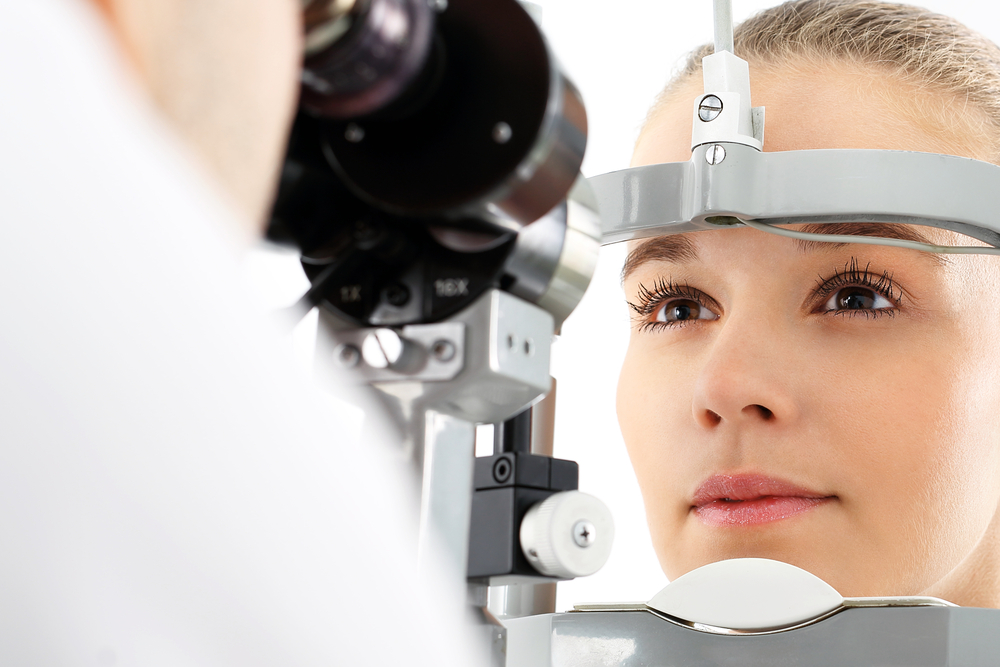
Taking care of our eyes is extremely important and something that we should always make time for in our busy schedules. One of the best ways to ensure that our eyes stay healthy and our vision is clear is to see an eye doctor for an eye exam on a semi-regular basis. Many people are unaware that there are primarily two different types of eye exams that can be performed by your eye doctor. These are known as comprehensive and routine eye exams. Here’s what you need to know about the differences between these two very different assessments.
What is a comprehensive eye exam?
As its name suggests, a comprehensive eye exam is an extremely thorough evaluation that principally looks at the health and condition of your eyes. Since they are so involved, and since most comprehensive eye exams are tailored to the individual needs of each patient, you may need to allow up to an hour for this appointment.
During your comprehensive eye exam, your eye doctor will carry out a range of different tests that are designed to assess your risk of developing any of the eye diseases that could potentially compromise the health of your eyes and your vision if they aren’t detected and treated quickly. These eye diseases include glaucoma, cataracts, macular degeneration, diabetic retinopathy and more.
You may not be asked to have every test on the following list, but these are some of those which may be included in a comprehensive eye exam.
- A cover test, which determines how well your eyes work independently of one another.
- A test to check your depth perceptions.
- Ocular motility testing will assess the movement of your eyes with one another.
- Refraction test and visual acuity test to check for refractive eye conditions.
- A slit lamp exam which enables your eye doctor to see all of the structures inside your eye to check for abnormalities.
- Pupil dilation which enables your eye doctor to check for internal eye diseases.
- Glaucoma testing.
It is recommended that everyone has a comprehensive eye exam at least once every 2 years, irrespective of their age. However, if you are found to be suffering or at risk of developing an eye disease, or are over the age of 60, you should have a comprehensive eye exam annually.
What is a routine eye exam?
In contrast to a comprehensive eye exam, a routine eye exam is a fairly fast and efficient evaluation of your eyes carried out by your eye doctor. Most appointments can be carried out in less than 30 minutes, which makes them fairly convenient, particularly since you may even be able to fit one in during your lunchbreak.
The purpose of a routine eye exam is to check problems that may be affecting the quality of your vision. This includes refractive errors, which are particularly common. Refractive errors include myopia (nearsightedness), hyperopia (farsightedness) and astigmatism. These errors happen because the eye that passes through the eye isn’t being refracted normally.
Regular eye exams primarily involve a visual acuity chart. This is placed or projected onto a chart containing different letters of different sizes, which is projected onto a wall some distance away. You are then asked to read them as best as you can. You will also be asked to read off of a card placed a short distance from your eyes. These tests enable your eye doctor to determine whether you would benefit from a solution such as glasses or contact lenses to correct your vision.
In most instances, patients are recommended to undergo a routine eye exam every 2 years, unless they already wear prescription lenses, in which case you may need to have your eyes assessed every 12 months.
If you would like further information about the differences between comprehensive and routine eye exams, please contact our office where our expert team will be delighted to assist you.





